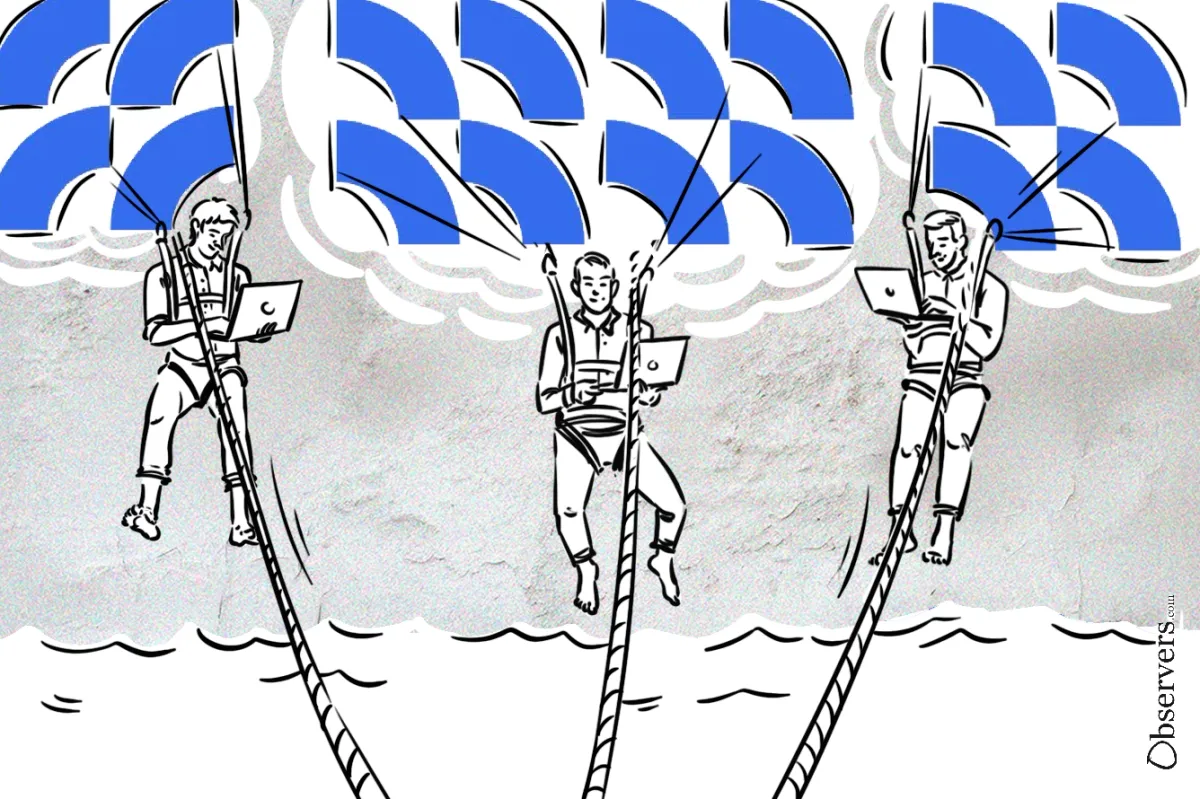
The concept of restaking has garnered significant attention this year, with projects like EigenLayer captivating DeFi enthusiasts worldwide. The innovative yet straightforward idea of using staked assets to secure other networks is now finding applicability beyond DeFi, extending into sectors such as Decentralized Physical Infrastructure (DePIN).
Parasail is one project aiming to bring the restaking narrative to DePin, addressing some of the current challenges in the burgeoning sector. These challenges include a lack of standardized service guarantees, limited use cases for DePIN tokens, and technical and knowledge barriers. Parasail aspires to be a comprehensive platform for DePIN, benefiting both users and developers.
Parasail's vision extends beyond just the restaking of assets; it plans to reuse the assets, users, and hardware resources of existing DePins through a strategically designed incentive interface. This platform operates akin to a proof-of-stake layer, providing an interface where users can stake assets with different DePIN providers and, in return, receive rewards.
However, should a DePIN project fail, there are stipulations: users who have staked their assets might see their stakes slashed. This mechanism not only ensures a security guarantee for genuine DePIN users but also discourages subpar service from DePIN providers.
As seen in the image below, under ideal conditions, restakers get their money for staking with different DePin providers, and DePin users get paid for providing services.
On the flip side, if a DePIN project fails, stakes will be slashed, with the affected funds redirected to the users who experienced inadequate service. How much of the stake gets slashed is still undecided as the project is not fully live yet.
By setting up this system, Parasail hopes to bring together users from various DePin ecosystems and make it easier for DePin projects to get started. Through Parasail’s incentive interface, users can easily find and use DePin services supported by strong asset accumulation.
Additionally, Parasail is focused on promoting the reuse of hardware. They are developing a multi-DePin hardware coordination layer to make general utility hardware more interchangeable and enable dynamic provision of hardware. This aims to motivate hardware providers to deliver their services more efficiently.
Parasail has already integrated with Filecoin and is looking to add Solana soon. Users who stake their FIL tokens with Parasail will receive fully liquid pFIL, which they can trade and potentially restake with other DePin projects. This move has helped Parasail to attract a total TVL of over $50 million this year.
While integration with DePin projects is still forthcoming, it will be interesting to Observe how the Parasail ecosystem grows as more DePin projects join the fold.

